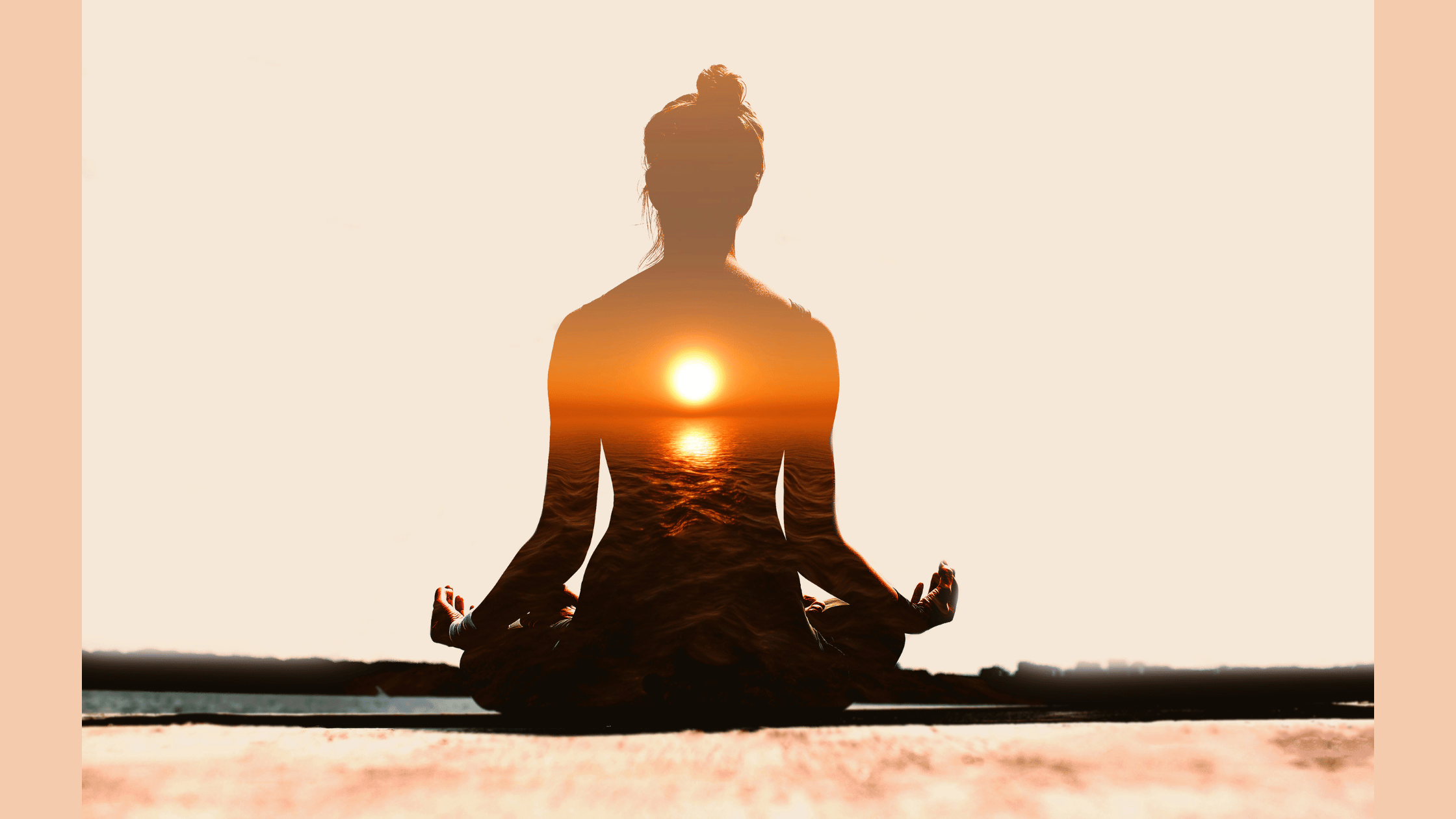
Anxiety disorders have a profound impact on countless individuals globally, leading to considerable distress and functional impairment in their everyday existence. While conventional counseling approaches have demonstrated efficacy, there is a growing acknowledgment of the significance of incorporating the mind-body connection in anxiety treatment.
Painted Brain’s post highlights an example of this mind-body connection by elucidating how the body reacts to stress and anxiety. Persistent worries and stress related to work, finances, or other concerns can result in muscle tension, physical pain, headaches, and gastrointestinal issues. Furthermore, these conditions may contribute to elevated blood pressure and other severe health problems.
It is important to approach anxiety counseling from a holistic perspective, acknowledging the interplay between psychological and physical well-being. In this article, we will discuss how, by merging various therapeutic modalities and practices, counselors can boost the effectiveness of their treatments and assist clients in obtaining long-term recovery and relief from anxiety.
Understanding the Mind-Body Connection
According to Grace Counseling, the mind-body connection is a complex and interconnected relationship between a person’s thoughts, emotions, and physical sensations. This connection becomes especially significant when it comes to anxiety, as it frequently presents itself through both psychological and physical symptoms.
As per an article on Healthline, anxiety can range from normal levels of worry and stress to a more persistent condition that significantly impacts an individual’s well-being and daily functioning. When anxiety becomes chronic, causes significant distress, or interferes with various aspects of a person’s life, it can be classified as an anxiety disorder.
This is why recognizing and exploring the mind-body connection can be highly beneficial before discussing counseling options. By understanding how thoughts, emotions, and physical sensations interact in anxiety, counselors can develop a deeper understanding of their clients’ experiences.
Incorporating Mindfulness
Mindfulness practices have gained significant attention in recent years for their potential to reduce anxiety symptoms. A Medical News Today article states that early research suggests that mindfulness may help with anxiety symptoms. However, researchers have conducted limited studies to compare its efficacy to that of antidepressant medicines used in the treatment of anxiety disorders.
It is worth noting that mindfulness is not limited to meditation. It also involves cultivating present-moment awareness, non-judgmental acceptance, and self-compassion.
By teaching clients mindfulness techniques, counselors empower them to observe their anxious thoughts and bodily sensations without becoming overwhelmed by them. This newfound ability to stay present can help clients break free from the cycle of anxiety and develop a greater sense of calm and resilience.
Integrating Physical Exercise and Relaxation
Physical exercise has long been recognized as having a good influence on mental health, particularly its ability to reduce anxiety. Regular physical activity can assist clients in releasing tension, increasing mood-enhancing neurotransmitters, and improving general well-being.
Counselors can incorporate exercise as part of the therapy plan in anxiety counseling, adapting it to the client’s desires and abilities. Relaxation treatments such as deep breathing, gradual relaxation of muscles, and guided mental imagery can also assist in improving relaxation responses and decreasing symptoms of anxiety.
To create a comprehensive treatment plan, counselors should consider integrating physical exercise and relaxation techniques alongside traditional therapeutic approaches such as cognitive-behavioral therapy (CBT). The combination of these strategies can provide clients with a range of coping mechanisms to manage their anxiety symptoms effectively.
Exploring Complementary Therapies
Complementary therapies, such as acupuncture, yoga, and aromatherapy, can also play a valuable role in anxiety counseling. These modalities target specific aspects of the mind-body connection and provide additional tools for clients to manage anxiety. Acupuncture, for example, stimulates certain places in the body in order to restore energy flow and induce calm.
Yoga incorporates physical postures, exercises for breathing, and meditation to promote balance and tranquility. Aromatherapy uses relaxing essential oils to soothe the senses and induce a sense of calm Counselors provide clients with more alternatives for anxiety treatment by including these complementary therapies in therapy sessions.
Ending Note
Embracing the mind-body connection in anxiety counseling offers a comprehensive and effective approach to addressing anxiety symptoms. By recognizing the complex relationship between thoughts, emotions, and physical sensations, counselors can gain a deeper understanding of their clients’ experiences.
Mindfulness techniques provide valuable tools for observing and managing anxious thoughts and bodily sensations. Incorporating physical exercise and relaxation techniques enhances overall well-being and provides additional coping mechanisms. Complementary therapies offer diverse options for anxiety management, targeting specific aspects of the mind-body connection.
By integrating these approaches, counselors can provide clients with a well-rounded treatment plan that promotes long-term recovery and relief from anxiety.